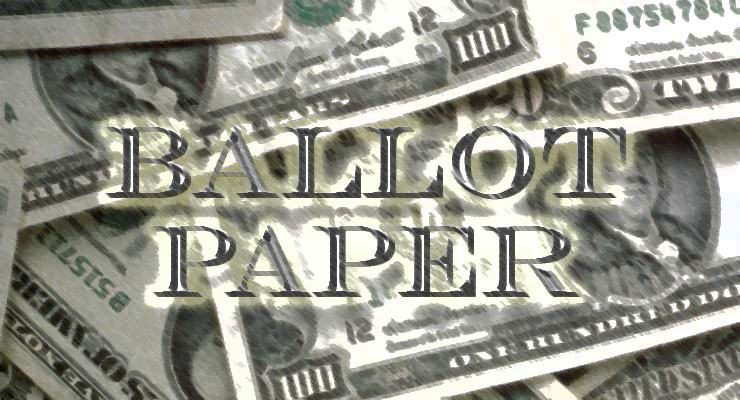 This article by Rachel M. Cohen is published by The American Prospect. Here is an excerpt:
This article by Rachel M. Cohen is published by The American Prospect. Here is an excerpt:
Eleven years ago, in response to the landmark Supreme Court decision in Citizens United, Democrats rallied around a bill they hoped could prevent a new flood of money into elections. The DISCLOSE Act (short for “Democracy Is Strengthened by Casting Light on Spending in Elections”) would have required new reporting prior to Election Day of top donors to political ads sponsored by corporations, unions, and advocacy groups, with the top five donors disclosed in the ads themselves. “We do not want to chill speech,” New York Sen. Chuck Schumer stressed at the time. “We merely want the American public to have details about who is speaking.”
At the time, in advance of the 2010 midterms, dozens of groups were seizing on the new opportunities presented by Citizens United, which loosened campaign finance restrictions and made it far easier for donors to contribute money anonymously. New “super PACs”—which allow for unlimited spending by corporations and special interests—began registering, and more money started to flow into nonprofit “social welfare groups,” which are not supposed to focus primarily on politics and do not need to reveal their donors. A new era of so-called “dark money” had arrived.
Democrats passed the DISCLOSE Act through the House in June 2010, but fell one vote short of breaking a Republican filibuster in the Senate. Democrats were united in their outrage, and even President Obama condemned the GOP, unequivocally stating: “A vote to oppose these reforms is nothing less than a vote to allow corporate and special-interest takeovers of our elections.”
Continue reading here.
Leave a Reply